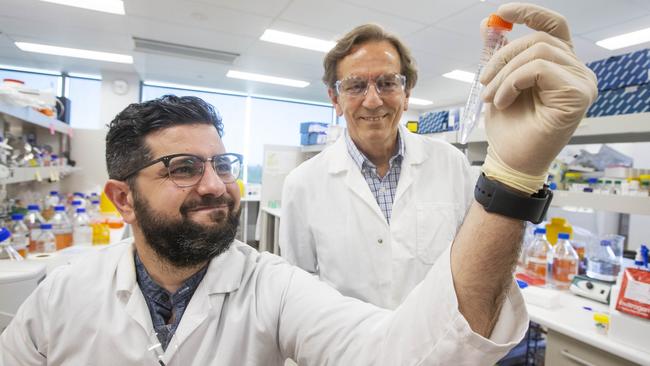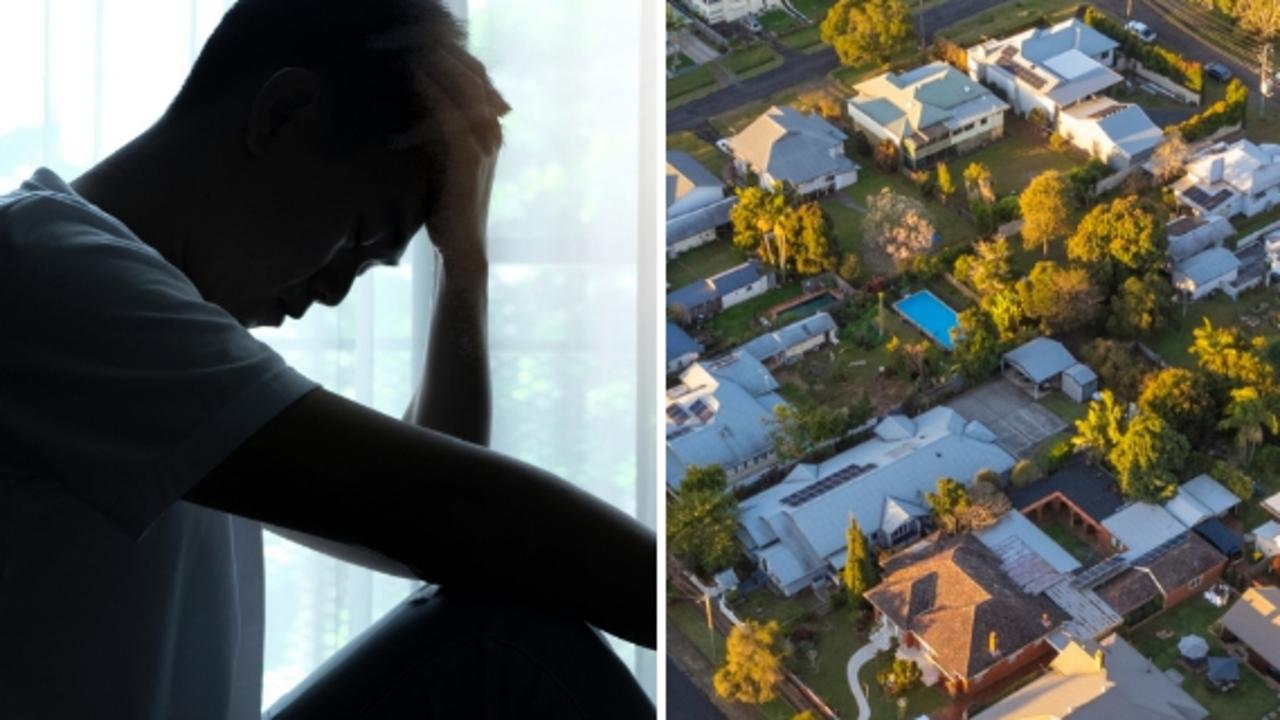New Melbourne research shows bodies may ‘remember’ coronavirus for more than a year
The immune systems of COVID-infected Australians still “remember” the virus, months after being infected.

Victoria
Don't miss out on the headlines from Victoria. Followed categories will be added to My News.
Coronavirus immunity is likely to last well over a year, and cutting-edge Melbourne research is raising hopes that vaccines will also be long lasting.
The landmark finding — which will lift confidence in the virus battle worldwide — means vaccine recipients are unlikely to need boosters every few months.
Detailed studies of Australians who contracted the virus showed their bodies still “remembered” the virus eight months after being infected.
The strength of the patients’ lasting immune response has convinced scientists at Monash University, The Alfred hospital and the Burnet Institute they will be able to repel the virus if they come into contact with it again more than a year later.
Because vaccines are designed to trigger the same response, it is expected a COVID-19 shot would offer the same length of protection.

Monash University’s Associate Professor Menno van Zelm, who led the research, said it provided some of the strongest evidence yet that vaccines against the SARS-CoV-2 virus would work for long periods.
“Everybody was alarmed initially that the (coronavirus) antibody levels go down,’’ he said. “But this is really the initial response and once the infection clears you do not need such high numbers.”
The study — involving Alfred Research Alliance collaborators — tracked the immune cells of 25 COVID-19 patients from four days after they were infected.
All could still fight off the coronavirus 242 days later.
It also builds on similar international findings, including a study of 185 US patients by scientists at California’s La Jolla Institute for Immunology, which last week found coronavirus immune cells may last for years.
Prof van Zelm said the Melbourne study showed the immune system could combat COVID-19 for at least a year after an initial infection or vaccination.
But it was not clear whether booster shots would be needed a year after the initial vaccination to keep the virus at bay.
Researchers discovered a specific cell within the immune system, known as a “memory B cell”, which continues to recognise the coronavirus after initial antibodies disappear.
Although the initial antibodies peak around 20 days after infection, the memory B cells peak after 100 days and remain far longer.
If a past patient was challenged again by either re-exposure to the virus or a vaccine, Prof van Zelm said the memory cells could restart immune response and rapidly produce new antibodies.
But because there could be a delay between the virus reaching a person’s upper airways and the restart of their immune response, some people may experience a brief, mild second infection.
“I don’t think we can conclude that everybody will not get sick again, or will not get infected again,” he said. “In those cases where you do get the infection the vast majority will not get severe symptoms.
The study has not been peer-reviewed, but is published on the online preprint server, MedRxiv, to speed up the world’s understanding of coronavirus and aid global efforts.
MORE NEWS
HOW CHRISTMAS WILL LOOK THIS YEAR
WHY AUSSIES MAY HAVE TO WAIT TO TRAVEL OVERSEAS
THE RESTRICTIONS CHANGING IN VICTORIA OVERNIGHT
Originally published as New Melbourne research shows bodies may ‘remember’ coronavirus for more than a year


